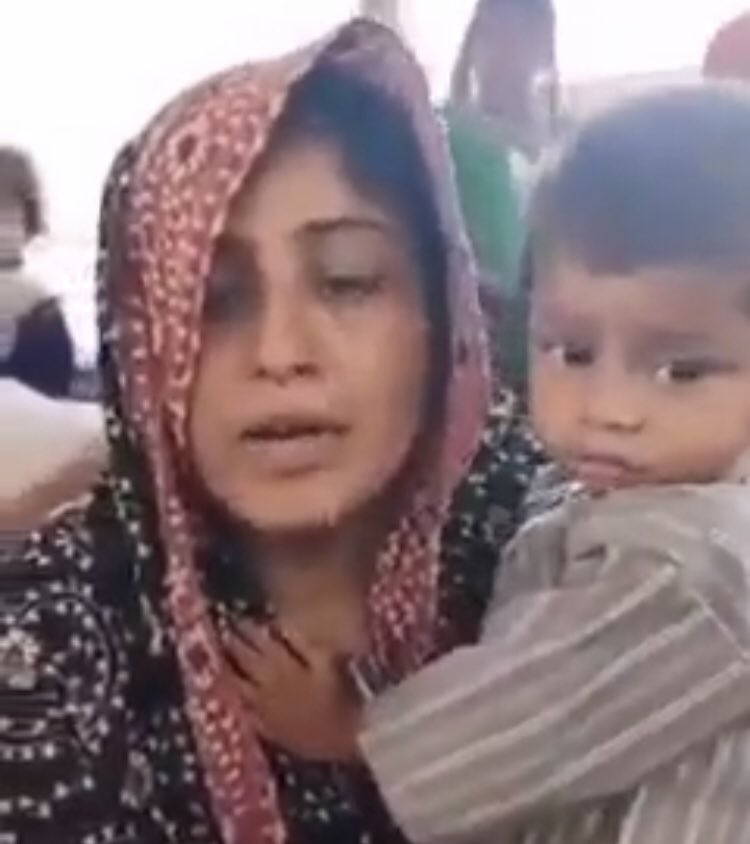
Pakistan is no country for minorities, whether religious or ethnic or religion based. In Pakistan, bias begins at birth for the girl child as discriminatory norms, orthodox attitudes and poverty impede progress. Pakistan has more than 19 million child brides, 54 percent of whom were pregnant before the age of 18, and 88 percent of underage girls live in poverty.
As an editorial in Dawn noted, there “is no denying that several social mores propel gender inequality and deal a blow to women’s freedoms. As more people are pushed below the poverty line in a moribund economy, indigence is set to widen the gender gap with reduced access to healthcare, education, and profitable opportunities.”
Recently UNICEF Pakistan released a National Gender Strategy (2024-2027) “to generate a transformative shift for multitudes of girls between 10 to 19 years.” The plan aims to “engage leaders, clerics, boys and men so that existing narratives change, and all women have agency.”
The way forward would first and foremost require schooling, healthcare and employment and cultivating empathy and awareness among men. That in a patriarchal and feudal society like Pakistan will be the toughest to do.
![]()





